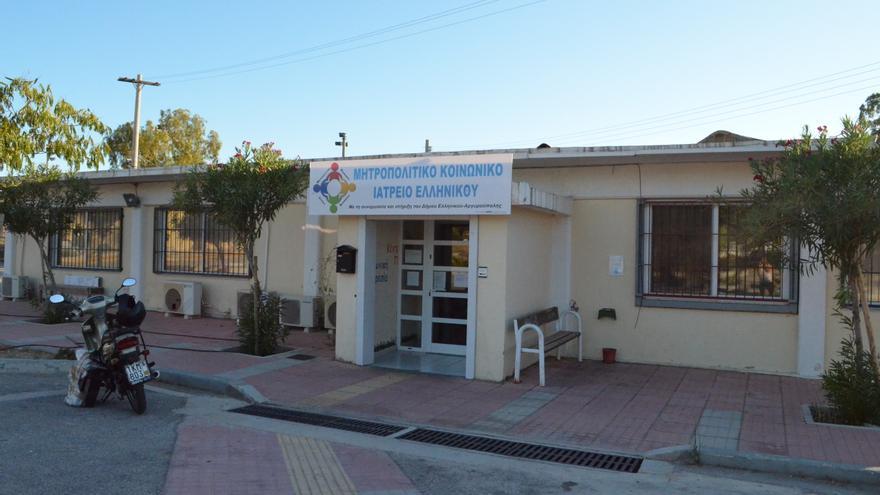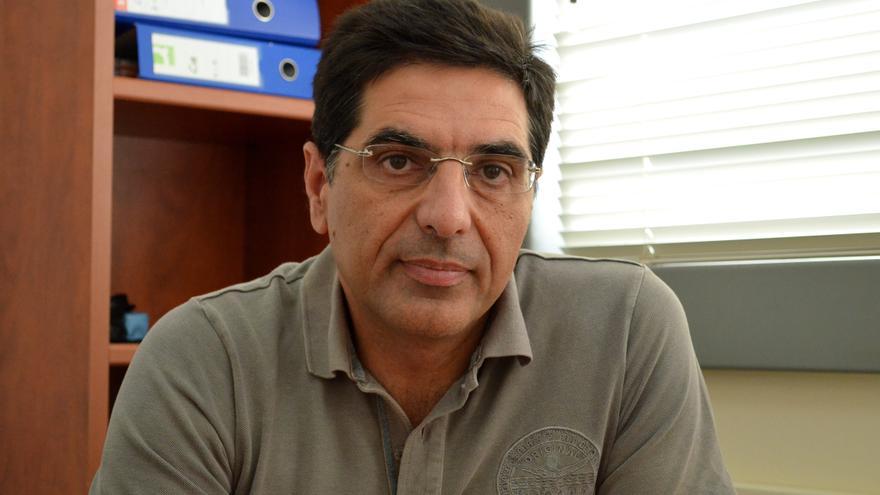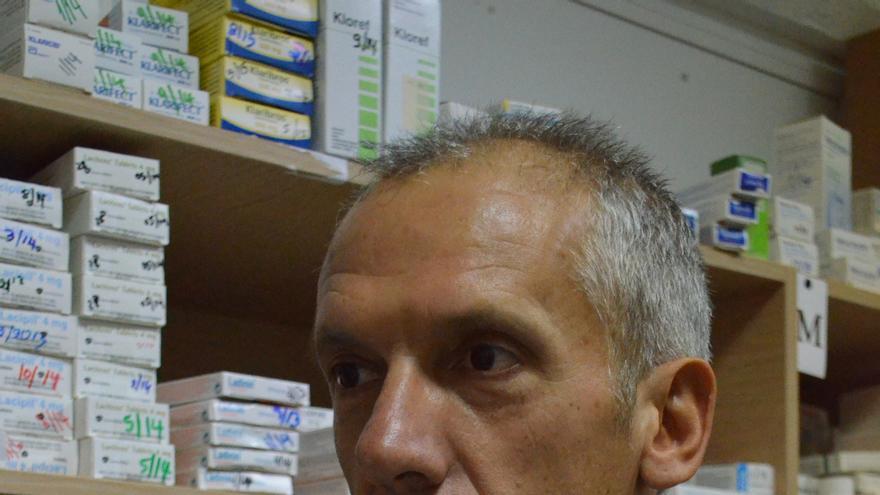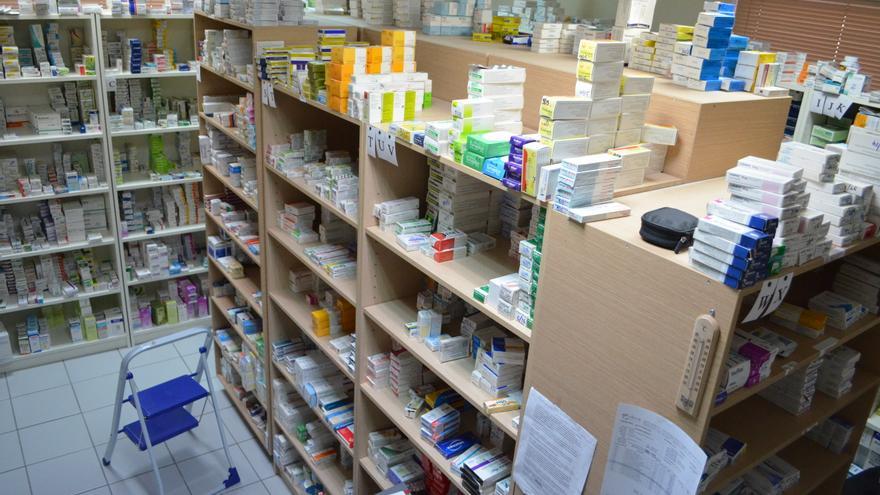
Helliniko
21 August 2013
PRESS
RELEASE
Ministry of Health Voucher Program: Of What Value?
The
unemployment rate is 28% and the workforce of the country is just 4 out of 10
Greeks. At this moment, the Ministry of
Health springs on us a voucher program for health. This is an attempt to impress the public and
cloud the picture of the true tragic situation of the hundreds of thousands of
uninsured citizens.
The new program,
as announced, is a drop in the ocean. It
will serve 100,000 uninsured. According
to press reports, the true level of uninsured is more than 3.5 million (including
previously insured shop owners and free-lancers who have closed their shops and
businesses together with their dependents).
We believe this
new program, which is expected to last only two years, is glaringly inadequate
for the following reasons.
1.
It doesn’t cover all the
uninsured. And it has limits and
ceilings, according to region, on doctor’s visits (three visits to take place
within four months).
2.
It doesn’t cover secondary
health care, i.e. hospitalization or specific treatment protocols
3.
Pharmaceutical treatment and
medication is not even mentioned.
4.
It does not specify if this
plan covers all the instances of tests and treatment that a patient may need.
We believe that
there are multiple questions that the Ministry of Health must make clear.
- What will happen to the uninsured-indigent-unemployed cancer patient who needs chemotherapy?
- What will happen to the uninsured-indigent-unemployed pregnant woman who must have prenatal tests and a place of safe delivery?
- What will happen to the children with serious illnesses who require hospital treatment whose parents have no insurance cover and cannot afford to pay for hospitalization? And what about the medications they might need?
The famous
voucher program that we have waited for so long says absolutely nothing about
these situations.
Mr. Minister, you must give a solution to our fellow
citizens whose lives are in immediate danger because they do not have free access
to the public health system.
We believe it
is important to mention that this particular “initiative” of the Ministry of
health refers to the revised memorandum of July 2013. In the 234 pages of this memorandum (which
you can read here: http://ec.europa.eu/economy_finance/publications/occasional_paper/2013/pdf/ocp159_en.pdf
) fewer than 3 pages (33-35) are devoted to the health sector in Greece
After five
years of crisis and three years of economic memoranda we continue to ignore
human need in favour of a tidy balance sheet.
The humanitarian crises that we are experiencing will have tragic
repercussions on us all. Think about
it. More than 5.1 million of our fellow
citizens (just under half the population) live under the poverty level. There are 1.4 million officially unemployed.
The
Metropolitan Community Clinic at Helliniko has been pleading with the
government for more than a year and a half.
We want to government to deeply reflect on the sinister consequences of
their policies for poor citizens. The
constitution of the country has been blatantly violated; human rights have been
disregarded. The recent resolutions
regarding public health advocated by the European Council – especially for the
countries hard hit by the economic crisis, are our guides. (read here: http://mkie-foreign.blogspot.gr/2013/07/blog-post.html
)
After all the
misery sustained by the people, even now, instead a public health system that
is universal, the Ministry of Health is hastily adopting another frustrating bureaucratic
plan that still leaves out most uninsured patients. By referring to funds from ESPA (The National
Strategic Reference Framework) and misinformation to the public, the Ministry
of Health is hoping to impress us with an aspirin, when a much more radical
cure is needed.
We remain
firmly committed to the fight to open
the public health system to all without exception.












